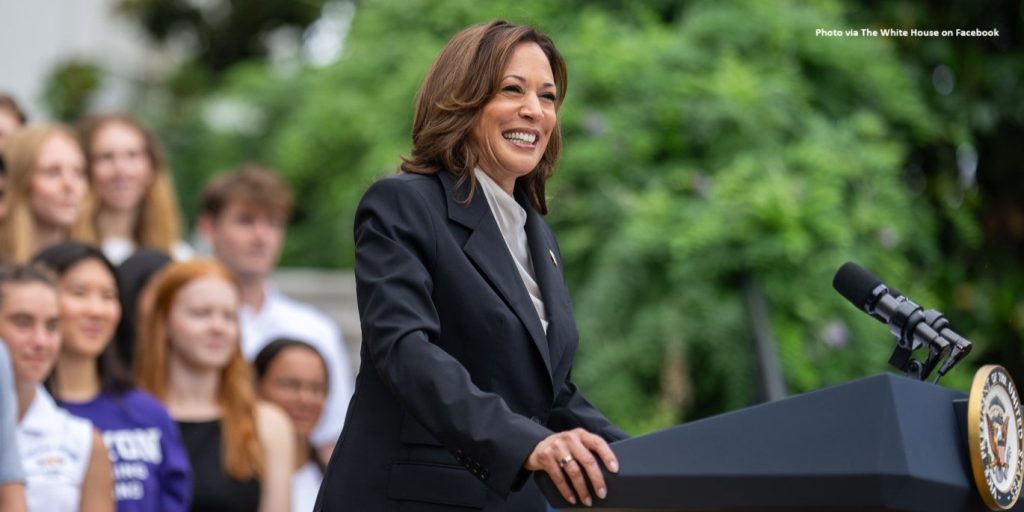Of late there has been quite the furore over the alteration, indeed the removal, of statues and emblems, the issue even reaching official circles. But even with its relevance in its own right, such can perhaps be better understood against a backdrop of the US situation, specifically Black Lives Matter.
Recently in that country and continuing has been a fervent attempt to obliterate all vestiges of the historical oppression black people would have had to endure from the time of slavery into the present, with the statues of former slave owners, even of former presidents who may have been slave owners, and other symbols of such oppression being defaced or destroyed.
No one can deny the right of oppressed peoples to try and right the wrongs of the past, but the question to ask is: Is seeking to obliterate the past by removing the emblems that are reminders of them a sure way to remove the stain of the oppression perpetrated upon them? Or should there be instead focus on the psychological impact of that oppression and an effort to counter it through your own resilience.
For me, that shows strength of character which such oppression would have attempted to deny, and continues to do so, as against the momentary yet illusory sense of “unburdening” yourself, to quote Kamala Harris’s favourite word, from the memories of that oppression.
Our history is our history, good, bad or ugly and even as we celebrate the good, we cannot hide the bad and ugly under a bushel, but let them be stark reminders of what must never be in the future.
Winston Churchill would have once said that those who fail to learn the lessons of history are doomed to repeat it. If we seek to forget by removing the reminders of our oppression, are we not in the long run likely to forget the lessons learnt and re-experience them or ourselves become the oppressors?
Our future is made out of our past and if that past has been brutal the onus is upon us to demonstrate the resilience and character that arise from it and rise above it.
DR ERROL NARINE BENJAMIN



Responses